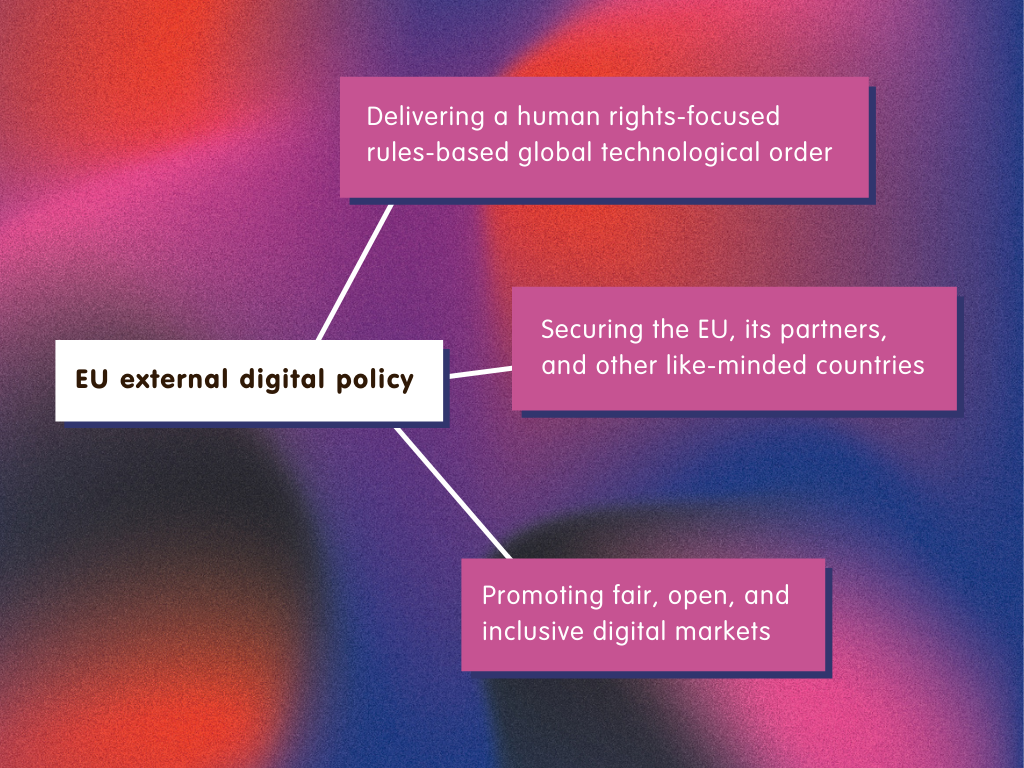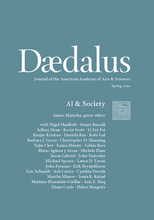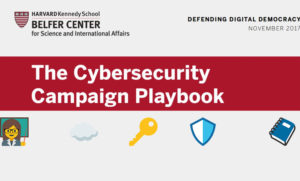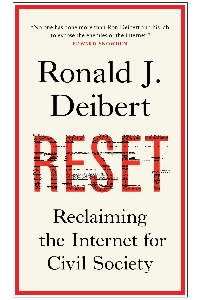
Credit: ECFR
China and Russia are attempting to ingrain authoritarian values into the global cyberspace, a new analysis suggests.
Russia is also leveraging and restricting mass media and social networks to protect its interests, shielding its population from democratic temptations, and waging an information war against the West and its allies with the aim of undermining citizens’ faith in democracy, say experts Julian Ringhof and José Ignacio Torreblanca:
- Between 2014 and 2020, foreign powers attempted to interfere in 33 elections, collectively involving 1.7 billion people. The misuse of digital technologies has eroded citizens’ trust in technology companies and damaged democratic politics all over the world.
- Authoritarian regimes have used advanced digital technologies to strengthen their grip on power and step up repression on dissidents. In 2021, global internet freedom declined for the 15th consecutive year. More internet users were arrested for non-violent political, social, or religious speech in 2021 than ever before.
- Online hate speech and disinformation continue to spread division, violence, and distrust around the world. In 2017, disinformation and hate speech on social media contributed to the genocide of the Rohingya in Myanmar. ….
- Between 2016 and 2019, every submission on surveillance technology standards to the UN’s International Telecommunication Union was made by Chinese companies.
 Breakthroughs in Artificial Intelligence are accelerating global commercial competition and transforming the international security environment, notes former Google CEO Eric Schmidt. The open nature of free and democratic societies, combined with their increasing reliance on poorly secured digital networks, makes them especially vulnerable, he writes for Daedalus:
Breakthroughs in Artificial Intelligence are accelerating global commercial competition and transforming the international security environment, notes former Google CEO Eric Schmidt. The open nature of free and democratic societies, combined with their increasing reliance on poorly secured digital networks, makes them especially vulnerable, he writes for Daedalus:
Trends in global network platforms will not just define the landscape of commercial AI, but will also shape the security environment in novel ways. International stability will hinge in large measure on whether rival states can manage the uncertainties of AI in the cyber, conventional, and nuclear realms. And the United States will need to carefully navigate its interdependencies with China while also continuing domestic reforms to bolster innovation.
Access Controlled, an analysis from the OpenNet Initiative, documents emerging trends and technologies as governments around the world seek to shape, limit, and control the Internet, the NED’s International Forum observed.
 With a hybrid war raging in Europe and in cyberspace, geo-technology battles between the great powers are intensifying. To counter autocratic influence in the technology realm, the EU and US should build digital alliances and seek greater convergence with like-minded countries, and offer the global south an attractive alternative path to digital development, Ringhof and Torreblanca write for the European Council on Foreign Relations, specifically:
With a hybrid war raging in Europe and in cyberspace, geo-technology battles between the great powers are intensifying. To counter autocratic influence in the technology realm, the EU and US should build digital alliances and seek greater convergence with like-minded countries, and offer the global south an attractive alternative path to digital development, Ringhof and Torreblanca write for the European Council on Foreign Relations, specifically:
- Consider expanding the Trade and Technology Councils (TTCs) to other democratic technology powers such as Japan or South Korea so that it can become an embryo for a global democratic deal on digital technologies.
- The EU must seize this moment of increased political alignment with the US and other countries to set forth an ambitious agenda for digital diplomacy. With this digital diplomacy effort, the EU should promote a democratic, human rights-focused, and rules-based global technological order.
 It should work more closely with its partners to improve global security in the physical and digital spheres.
It should work more closely with its partners to improve global security in the physical and digital spheres.- And it should promote open, balanced, and inclusive digital markets and facilitate secure connectivity – especially in the global south. RTWT
Democracy Paradox talks to Ronald Deibert, professor of political science at the Munk School of Global Affairs at the University of Toronto and Director of its Citizen Lab. He recently gave the National Endowment for Democracy’s 18th annual Seymour Martin Lipset lecture on “Digital Subversion: The Threat to Democracy.”
The lecture formed the basis of his article, “Subversion Inc: The Age of Private Espionage” in the most recent Journal of Democracy, it adds.







